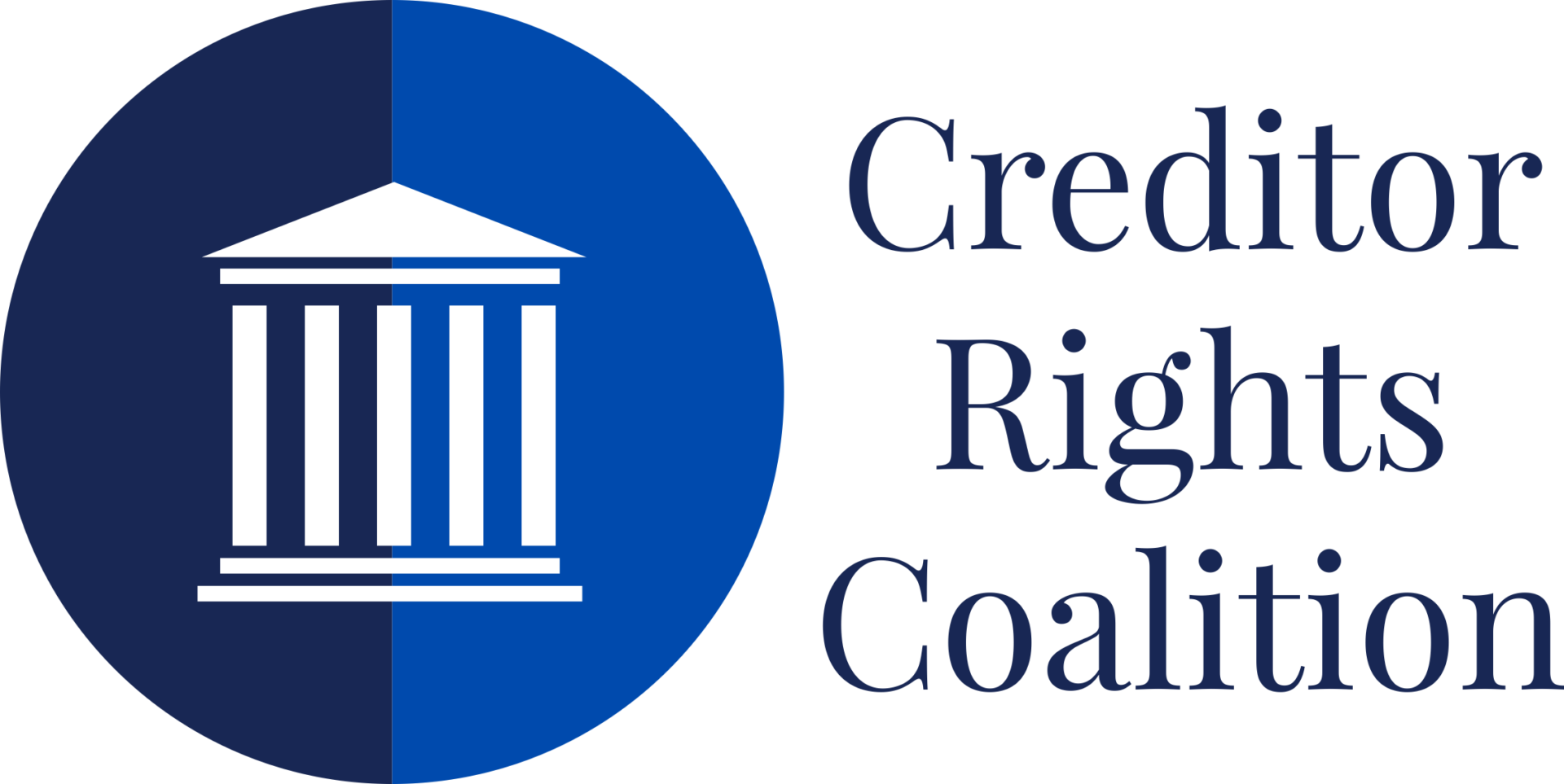Evan Lederman Speaks On Independent Directors

If you are going to run into a burning fire, you better know how to use a hose… and actually have some time to fight the fire. In today’s world of incredibly complex restructurings, experienced independent directors, who have time to devote to the situation, play a vital and necessary role in helping management teams, retained advisors, and their fellow board members navigate through turbulent waters.
From my experience as a bankruptcy lawyer, distressed investor, and independent board member myself, I have seen firsthand, time and again, situations where public boards are little more than complacent, rubber stamps for management teams. In good times, rubber stamps work just fine. But, in bad times, you need an engaged board with relevant, real-world restructuring experience to make the hard decisions and call bullshit (literally, shout it out) on their management teams for the benefit of shareholders and creditors.
Normal operating boards often lack the will or experience to do what is necessary to avoid a formal restructuring, nor have the know-how to efficiently and cost-effectively navigate through the myriad of complex issues which arise if such a restructuring becomes truly unavoidable. In particular, a good independent director not only provides hands-on help and experience with the financial and operational aspects of the restructuring itself, but can also use their deep relationships in the restructuring community to act as a buffer and honest broker between the company and the army of much-needed advisors that descend upon distress.
With that said, it is imperative that the process of selecting independent directors be done in good faith and at arm’s length. The reality (which we all know) is that business in the restructuring world is often driven by symbiotic relationships. But, in times of extreme corporate crises and distress, prior business relationships should not dictate future director appointments. The best, most experienced man or woman (who has the time to focus on the situation) should get the appointment. Now, to be fair, that person often will have had a prior business relationship of some sort with the advisors, investors, or management team… or how else would you have known they were a good/right fit for the role!
Finally, an independent director, especially since they often will be required to run into that proverbial burning fire, should not be sitting on ten or twenty other boards at the same time. From experience, I can unequivocally say that focusing on helping a troubled company (or even a healthy company) as an engaged board member (i.e., not a rubber stamp) is a LOT of work… if done right. It is impossible to devote the requisite time and energy needed if you also sit on lots of other boards.
